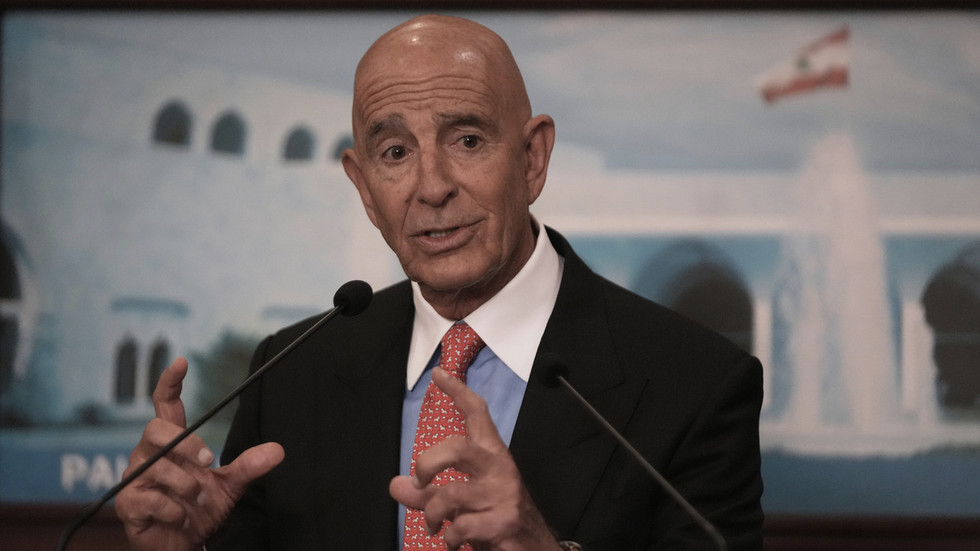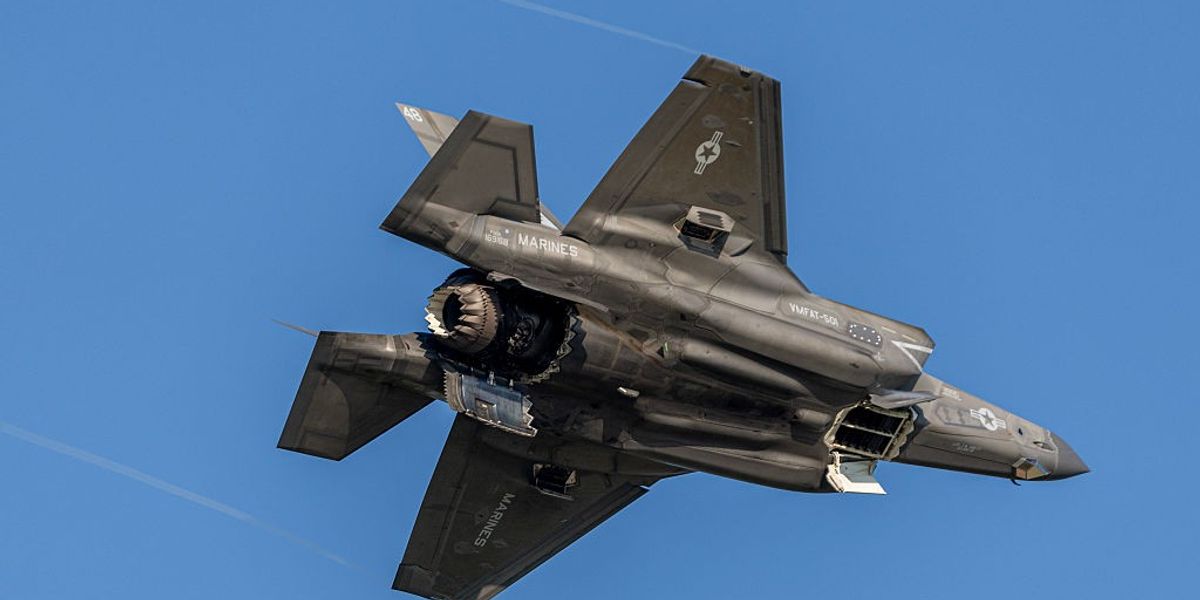Tensions in the Horn of Africa have escalated since landlocked Ethiopia struck a deal with Somaliland on January 1 that gives it much sought-after access to the sea.
In return, Somaliland — which unilaterally declared independence in 1991 — has said Ethiopia would give it formal recognition. Addis Ababa has not confirmed this.
Somalia on Thursday ruled out mediation with Ethiopia unless the deal is cancelled, and vowed to fight by “all legal means” to oppose it.
“We are always guided by our principles and our principles are related to the unity, the sovereignty and territorial independence of countries, including Somalia,” Guterres told a press conference at the G77 plus China summit in the Ugandan capital.
“We hope that through dialogue it will be possible to overcome the current situation,” he said.
His comments added to calls led by the United States, China, the European Union, African Union and Arab League to respect Somali sovereignty.
Ethiopia and neighbouring Somalia have a history of stormy relations and territorial feuds, fighting two wars in the late 20th century.
Mogadishu has branded the maritime pact an act of “aggression” by Ethiopia, which has in turn insisted no laws have been transgressed.
Under the deal, Somaliland agreed to lease 20 kilometres (12 miles) of its coast for 50 years to Ethiopia, which wants to set up a naval base and a commercial port.
Somalia vehemently opposes the independence claim by the former British protectorate of 4.5 million people that is not recognised by the international community.
Ethiopia — the second most populous country in Africa — was cut off from the coast after Eritrea seceded and declared independence in 1993 following a three-decade war.
Addis Ababa had access to a port in Eritrea until the two countries went to war in 1998-2000. Since then Ethiopia has sent most of its sea trade through Djibouti.
While Somaliland is largely stable, Somalia has witnessed decades of civil war and a bloody Islamist insurgency.
















